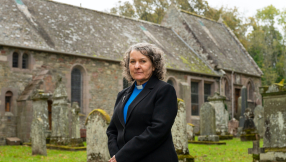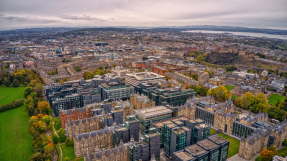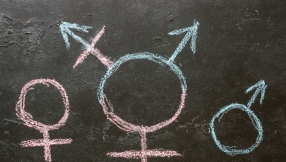
On April 22, the Supreme Court upheld Michigan's ban against using affirmative action in the college admissions process.
Michigan's Proposal Two bans public colleges and universities from considering race, ethnicity, national origin, color, or sex in deciding which students to accept.
The Supreme Court ruling was a 6-2 decision—Justice Elena Kagan recused herself from the case because she previously worked on the dispute as solicitor general.
The majority of justices found that the affirmative action ban was not discriminatory, and therefore the Court could not legally reverse the state's decision.
"There is no authority in the Constitution of the United States or in this court's precedents for the judiciary to set aside Michigan laws that commit this policy determination to the voters," Justice Anthony Kennedy wrote.
Chief Justice John Roberts, and Justices Samuel Alito, Antonin Scalia, Stephen Breyer and Clarence Thomas agreed.
The dissenters, Justices Sonia Sotomayor and Ruth Bader Ginsburg, stated that the Court's decision fails to defend minority groups from discrimination.
Justice Sotomayor wrote: "For members of historically marginalized groups, which rely on the federal courts to protect their constitutional rights, the decision can hardly bolster hope for a vision of democracy that preserves for all the right to participate meaningfully and equally in self-government.
"We cannot wish away racial inequality."
58% of Michigan voters approved the ban and amended their state's constitution in 2006. The vote followed the Supreme Court's 2003 decision allowing states to use race as a factor in the admissions process in order to achieve a more diverse student body.
Other states that ban affirmative action are Arizona, California, Florida, Nebraska, New Hampshire, Oklahoma and Washington.













